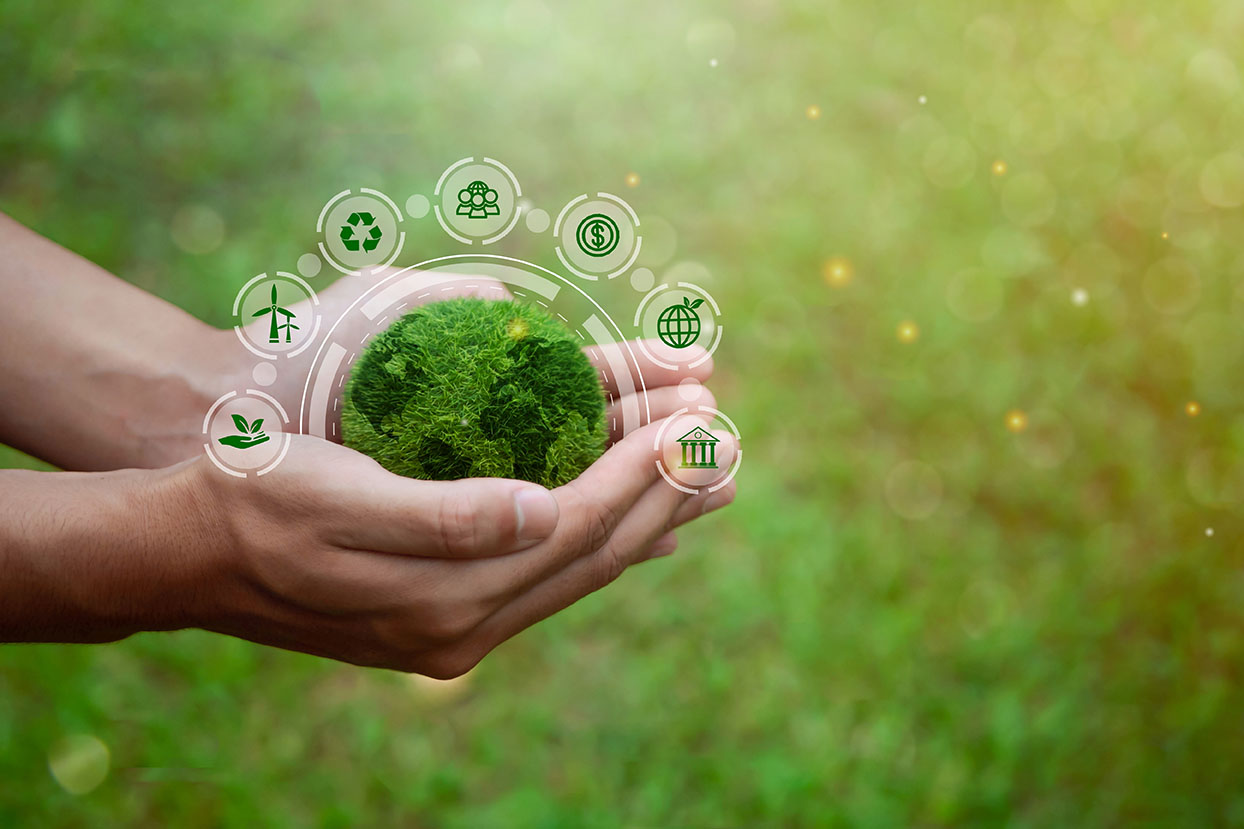
sustainable
Definition
Sustainability is the ability to meet the needs of the present without compromising the ability of future generations to meet their own needs. It is about finding a balance between economic development, environmental protection, and social equity.
Sustainability is a complex issue that involves many different factors. These factors include the use of natural resources, the production of waste, and the impact of human activities on the environment.
There are many different ways to achieve sustainability. Some of these ways include:
- Reducing our consumption of resources
- Using renewable energy sources
- Recycling and composting
- Protecting the environment
Sustainability is important because it ensures that we can continue to meet our needs for food, water, shelter, and energy without damaging the environment. It is also important for the future of our planet and for the well-being of all living things.
How can the word be used?
Sustainable development is the development that meets the needs of the present without compromising the ability of future generations to meet their own needs.

Different forms of the word
Adjective: sustainable.
Noun: sustainability.
Verb: to sustain.
Etymology
The word "sustainable" comes from the Latin word "sustinere", which means "to hold up" or "to maintain". It was first used in English in the 16th century.
The word "sustainability" is derived from the word "sustainable". It means "the ability to be sustained".
The word "to sustain" means "to keep something going" or "to provide for something".
Question
What does sustainability mean?
AQA Science Exam Question and Answer
Question:
Explain the concept of sustainability in the context of environmental science. Describe how sustainable practices contribute to the conservation of natural resources and the protection of ecosystems. Provide an example of a sustainable initiative that promotes both environmental and societal well-being.
Answer:
Sustainability, in the realm of environmental science, refers to practices that aim to meet the needs of the present without compromising the ability of future generations to meet their own needs. Sustainable practices focus on striking a balance between societal, economic, and ecological factors.
Sustainable practices contribute to resource conservation and ecosystem protection by reducing overexploitation and minimizing environmental degradation. For instance, sustainable forestry involves selectively harvesting trees, replanting, and promoting biodiversity to ensure the forest's long-term health and productivity.
A notable example of a sustainable initiative is the adoption of renewable energy sources, such as solar power. Solar energy harnesses the Sun's power without depleting finite fossil fuels, minimising greenhouse gas emissions and reducing the reliance on non-renewable resources. This transition promotes a cleaner environment and contributes to energy security.